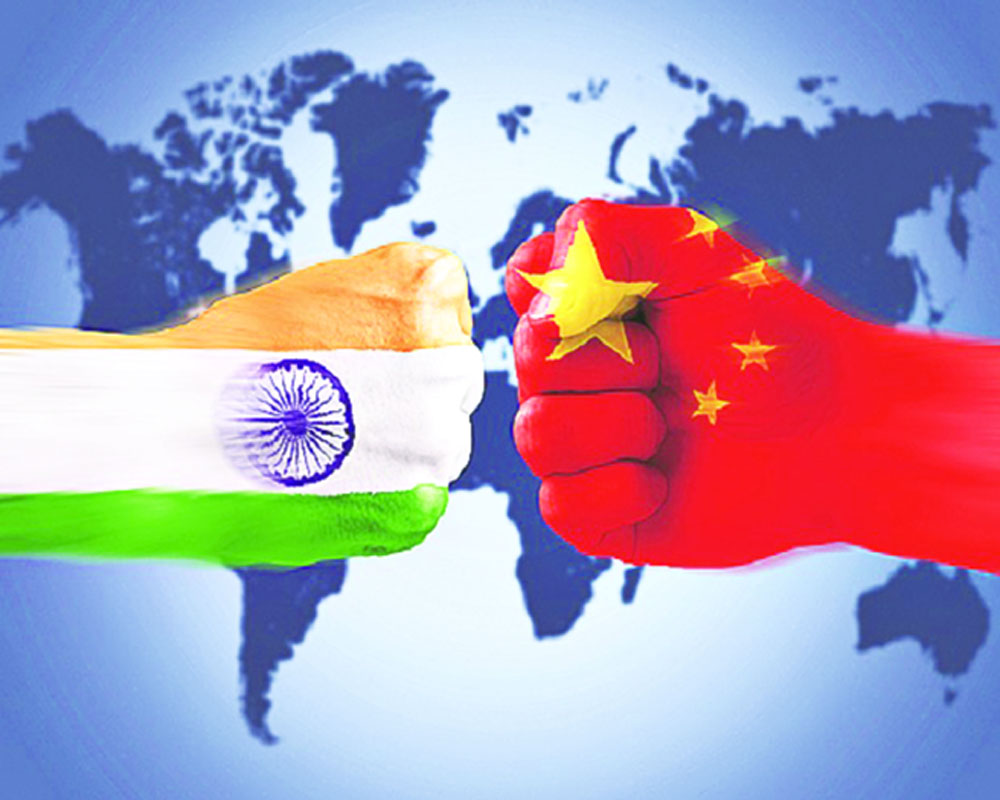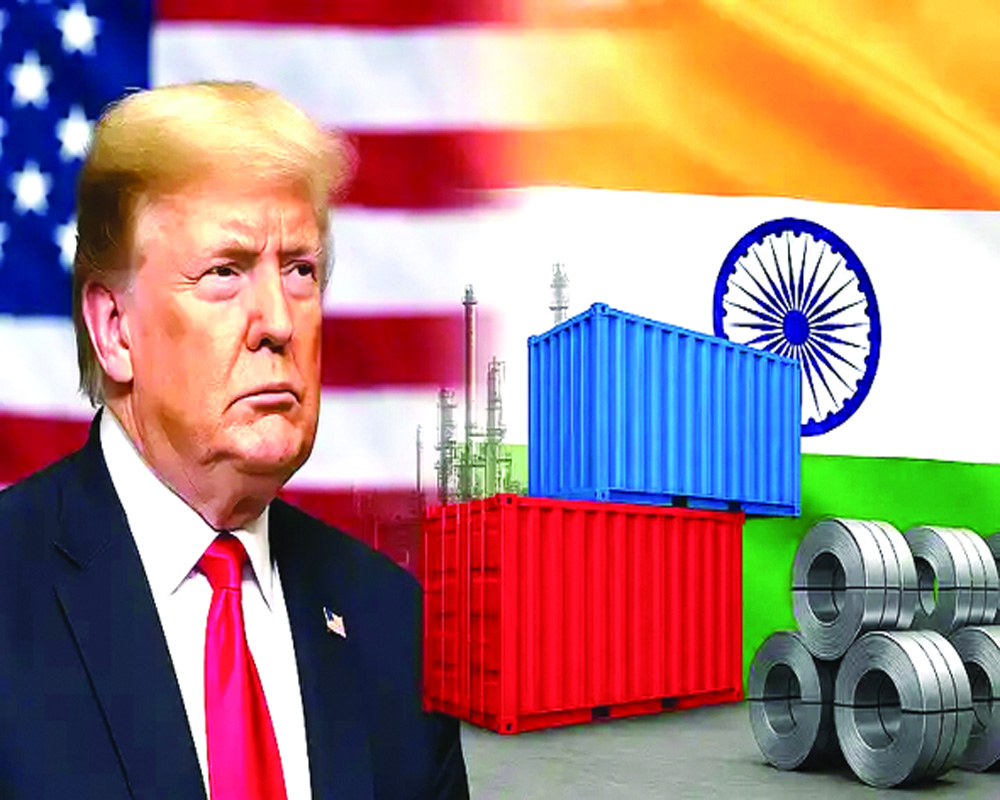
After the Chinese built up a massive industrial base, they needed markets and raw materials and this has made them imperialist
All sorts of things are being said about the happenings in Ladakh. Prime Minister Narendra Modi initially said there was no incursion into Indian territory but later modified his statement when confronted with undeniable facts about the Galwan Valley. So what is the truth? The truth is that satellite images have shown that undoubtedly Chinese troops have intruded into Galwan Valley, Pangong Tso, Hot Springs, Demchok and Fingers four to eight, which were not earlier in their control.
As Lieutenant-General Panag, former General Officer Commanding-in-Chief, Northern Command and noted defence analyst pointed out, the Chinese have captured at least 40 square kilometre of Indian territory. Why? To understand this, one must go a little deeper and understand that politics is concentrated economics. So to understand politics one must see the economics behind it.
China may have been socialist at one time but today it is undoubtedly capitalist and imperialist. In fact, it is expanding imperialism and, therefore, more dangerous and aggressive than defensive imperialism (just as in the 1930s, Hitler’s expanding imperialism was more dangerous than British or French defensive imperialism).
China has built up a massive industrial base and with its huge $3.2 trillion foreign exchange reserve, it is hungrily looking for markets and raw materials and avenues for profitable investment, like an imperialist power. Mountainous areas like Tibet and Ladakh, appear barren, like Siberia, but like Siberia they are full of valuable minerals and other natural wealth. This is the reason China has captured Tibet and also parts of Ladakh. Using salami tactics, it has recently occupied Galwan Valley, Pangong Tso, Hot Springs, Demchok and other parts of Ladakh (having already occupied Aksai Chin in the 1960s). These areas have valuable minerals, needed by China’s growing industry and this is the real explanation behind the recent events. As stated above, politics is concentrated economics. There are certain iron laws of economics, which operate independent of any individual’s will. For example, why did the British conquer India? It was not for a picnic or for enjoyment. In fact, the British were miserable in the hot weather here. They conquered India because, after their industries had grown to a certain level, they needed overseas markets, raw materials and cheap labour. Similarly, what was the cause of the World War-I? It was for redivision of the world’s colonies. Since Britain and France had done their industrialisation earlier, they had grabbed most of the backward countries and made them their colonies, i.e. markets and sources of cheap raw materials and cheap labour. German industrialisation began later but soon caught up with the British and French, and then they, too, demanded more colonies. But the British and the French were unwilling to part with theirs and this resulted in the war. Why did Japan invade China and other countries ? To get raw materials and markets for its growing industry. Similarly, after the Chinese built up a massive industrial base, they needed markets and raw materials and this has made them imperialist. They have entered Asia, Africa, South America and even the developed countries.
But at present the Chinese are largely proceeding cautiously. They use largely economic measures, not military. However, they do sometimes use military measures, too, for coercion and they have built up a massive military. At present, they use salami tactics, advancing step by step.
This explains what happened recently in Ladakh in the Galwan Valley and other places they have occupied. In future, too, they will keep nibbling away parts of Ladakh and other Indian territory, obviously with an eye on the raw materials there (as they have done in the South China Sea).
It is reported that on June 22 talks took place between a Lieutenant-General of the Indian Army and a Major-General of the Chinese army, in which the former demanded a timeline for withdrawal of troops to two kms from the Line of Actual Control (LAC ) as it existed before the Chinese intrusion. The problem is where is the LAC? Whenever in the past the Chinese were asked by the Indian side to delineate the LAC on a map, they refused to do so, obviously because if they did so, their designs for future intrusion into Indian territory would be hampered. In view of what has been said above, it is highly unlikely that the Chinese will comply with the request of our Lieutenant-General. It is high time now that our leaders realise this and join hands with other countries like the US and form a united front against Chinese expansionist imperialism, just like the united front formed by Russia, the US, Britain and other countries against Hitler. That is the only way to prevent Chinese domination over us and other parts of the world.
It should be understood that China is much more economically developed than India (some people say it is five times so) and military strength comes from economic strength. China’s military is, therefore, undoubtedly superior to ours (we can’t even make our heavy weapons like artillery, tanks, aircraft and so on while the Chinese have developed the technology for it). So we will not be able to face the Chinese alone and need to join hands with the other major powers of the world. The US is already moving its forces away from Europe and into South Asia in an attempt to counter Chinese aggression. We should take advantage of this. Some say that the problem can be solved by diplomacy. This was the view of the then British Prime Minister Neville Chamberlain, who thought that negotiating with Hitler at the Munich Conference in 1938 would avert war, not realising that appeasement only whets the appetite of the aggressor. So diplomacy will be useless.
Our Government should do two things immediately. It must expel all Chinese companies operating in India and ban sale of Chinese products in the country. It must form a united front with world powers and boldly confront Chinese imperialism. This alone can thwart Chinese aggression.








 OpinionExpress.In
OpinionExpress.In















Comments (0)